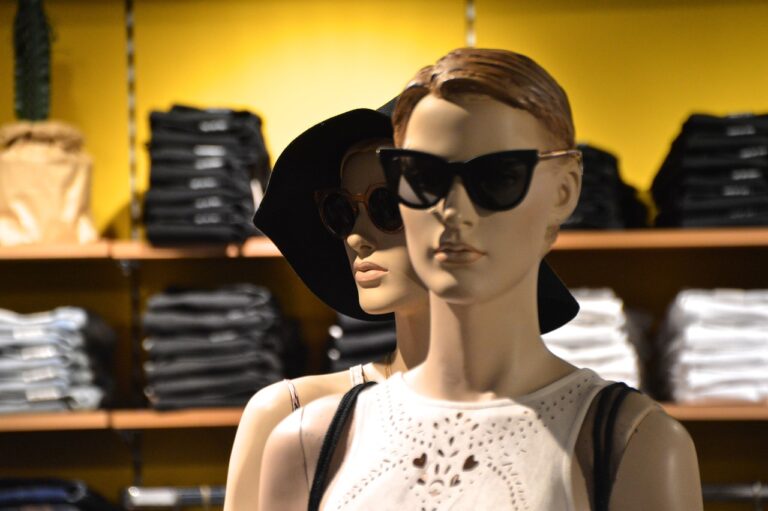The Future of Luxury Shopping: Trends in High-End Retail
Experiential retail is swiftly becoming a prevalent strategy in the consumer market. Retailers are realizing the significance of creating memorable and engaging experiences for customers beyond just selling products. By offering unique and immersive experiences, such as interactive displays, workshops, and in-store events, brands are able to foster a deeper connection with their consumers.
This shift in focus from solely transactional interactions to experiential ones is reshaping the retail landscape. Consumers today are seeking more than just the purchase of a product; they want an all-encompassing experience that meets their emotional and social needs. As a result, retailers are reimagining their spaces to be destinations where customers can not only shop but also participate in activities that enhance their overall shopping experience.
Shift towards Sustainable and Ethical Practices
Consumers are increasingly prioritizing sustainability and ethical practices when making purchasing decisions. This shift in consumer behavior has compelled businesses to reassess their operations and supply chains to align with these values. Companies are realizing the importance of adopting environmentally friendly practices not just as a trend, but as a long-term commitment to social responsibility.
In response to this growing demand, many brands are incorporating sustainable materials, reducing waste, and supporting fair labor practices. By embracing sustainability and ethics, businesses are not only meeting consumer expectations but also differentiating themselves in the market. This shift towards more responsible practices is not only beneficial for the planet and society but can also lead to increased customer loyalty and trust.
What is experiential retail?
Experiential retail is a retail strategy that focuses on creating a unique and memorable experience for customers, rather than just selling products. It often involves immersive environments, interactive elements, and personalized services.
Why is there a shift towards sustainable and ethical practices in retail?
Consumers are becoming more conscious of the environmental and social impact of their purchases. As a result, retailers are increasingly adopting sustainable and ethical practices to meet the growing demand for responsibly sourced products.
What are some examples of sustainable and ethical practices in retail?
Some examples include using eco-friendly materials, reducing waste through recycling and upcycling, ensuring fair labor practices in the supply chain, and supporting local communities through charitable initiatives.
How can retailers incorporate experiential retail into their business?
Retailers can incorporate experiential retail by designing store layouts that encourage interaction, hosting events and workshops, offering personalized services, and creating a cohesive brand experience across all touchpoints.
What are the benefits of embracing sustainable and ethical practices in retail?
Embracing sustainable and ethical practices can improve brand reputation, attract socially conscious consumers, reduce operational costs in the long run, and contribute to a more sustainable future for the planet.





